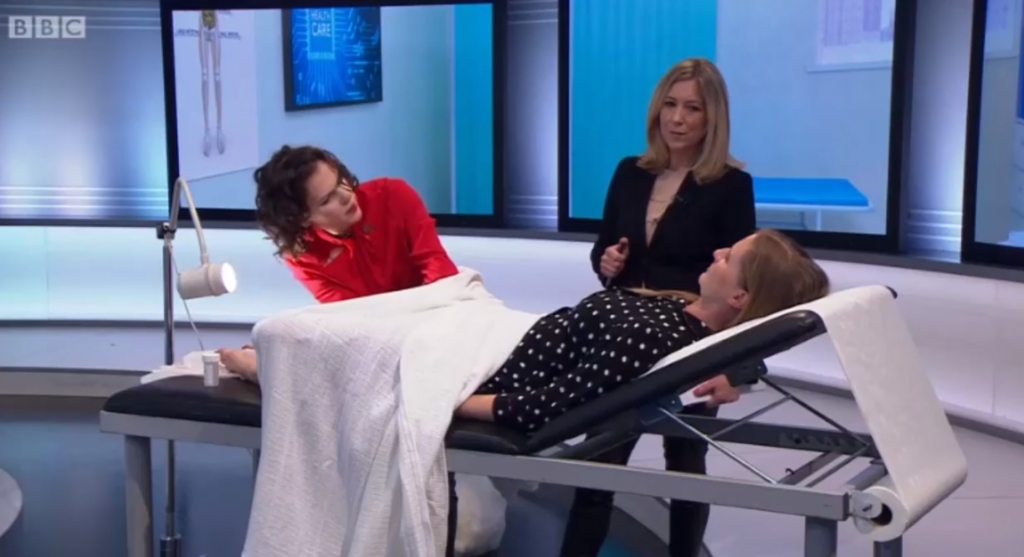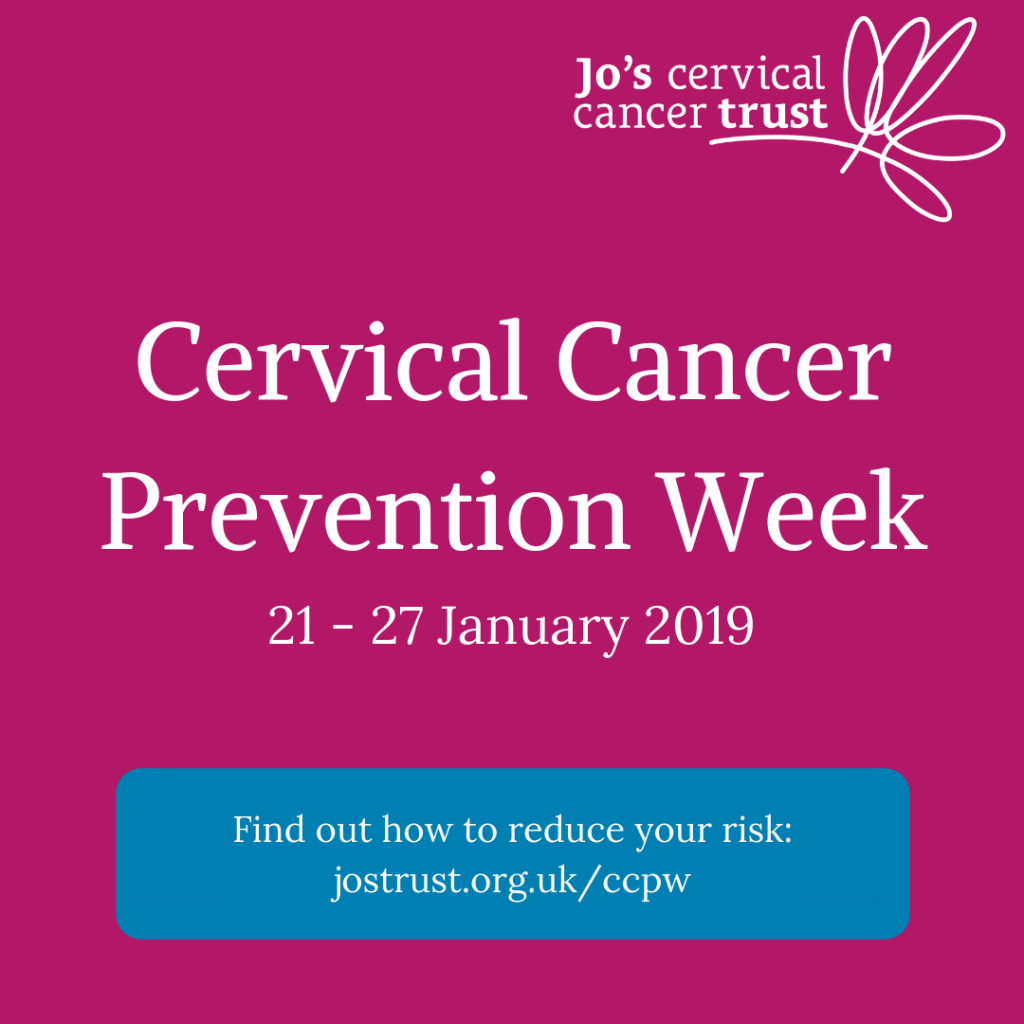With the number of cervical screening tests (or ‘smear tests’) being carried out reaching a twenty-year low in the UK, a lot is being done to break down the barriers patients face to access the essential service. But are we falling short when it comes to supporting victims of sexual assault and rape?
This week saw Chloe Delevingne, co-founder of the Gynaecological Cancer Fund, had a smear test live on BBC show ‘Victoria Derbyshire’ to combat the fears that many people have concerning smear tests. Prime Minister Theresa May also spoke candidly about the importance of smear tests on BBC’s Prime Minister’s Questions this week, and whilst both women are likely to have encouraged thousands of women to book their smear tests, there are still many other barriers to overcome. Perhaps the most important is the barrier that sexual assault and rape victims face in accessing reproductive healthcare.

Despite every eligible person (except trans men, who have to opt in to the service) between the ages of 25-49 being invited to a test every three years (and every five years for those older than 49), 1 in 4 skip their screenings. The UK’s leading cervical cancer researchers, Jo’s Cervical Cancer Trust, revealed ground breaking research on non-attenders this week. The reports show that 75% of those eligible who do not attend their smear tests do so because it makes them feel vulnerable, with 67% claiming that the lack of control they experience during a smear test is enough to stop them from attending.
In the UK, where 1 in 5 women have been sexually assaulted past the age of 16, these statistics begin to make a bit more sense. Vulnerability and lack of control, whilst not indicating sexual assault themselves, can be just a couple of the long-term mental effects that sexual assault or rape can have on an individual. Smear tests, which are invasive but essential vaginal procedures in which a speculum is inserted in the vagina and cells are collected to determine if there are any cancerous or pre-cancerous cells present, can produce a triggering effect to the patient, causing panic, fear and trauma.

These tests can be lifesaving, and there is no question that they should be carried out. But if this is the case, then medical professionals carrying out these tests need to be prepared to combat these feelings and take every step to comfort the patient. Unfortunately, this isn’t always the case.
“I booked a double appointment for my smear test, so that I could discuss my past sexual trauma with my doctor.” Sophie*, a 44-year-old mother of two told me during a telephone conversation.
“The first thing she said when she sat me down and looked over my notes was ‘it’s been ten years since your last test, glad you could finally fit us into your busy schedule’. I broke into tears right there and then. She simply gave me a tissue, told me to relax as it ‘isn’t that scary’, and pulled the curtain around me so that I could get undressed. I was frozen, numb, and so angry that I didn’t even get a chance to discuss my trauma. It took me five minutes to get my trousers off.”
Most practices recommend having a chaperone for support when attending a smear test, and will often provide chaperones of the same sex whenever requested. Currently, it is not clear how much training in dealing with sexual assault survivors that those carrying out smear tests must undertake, a fact that can be unnerving to those still dealing with the trauma of this type of assault.
“I sobbed into my hands as she placed my legs into the
stirrups. When she told me that the speculum was about to go in, I went into a
full panic and started thrashing around.” Sophie explains. “It was awful, and I
feel so embarrassed thinking about it… but the situation was so horrible and
brought back so many traumatic moments in my life. I couldn’t help it.”
“She became a lot more compassionate after that, and we booked another
appointment for me to come back. I didn’t attend that appointment, and now I’m
even more terrified of going back.”
Sophie’s story is not an isolated case, as a quick search on line will find hundreds of similar tales in a plethora of different forums, but it is also not true for everyone. For every negative story, there are five positive stories of supportive and helpful medical professionals.
But until every person carrying out a smear test is well informed about the difficulties that sexual assault victims experience during the procedure, then it is very possible that the statistics will never improve.
*names have been changed to protect Sophie’s identity
Rape Crisis Helpline: 0808 802 9999 (12-2:30 and 7-9:30) rapecrisis.org.uk



